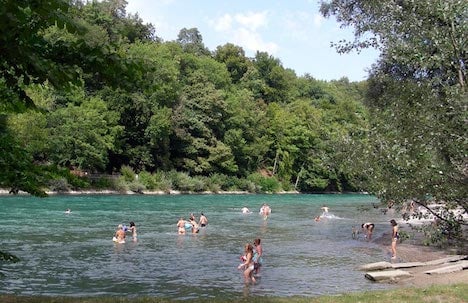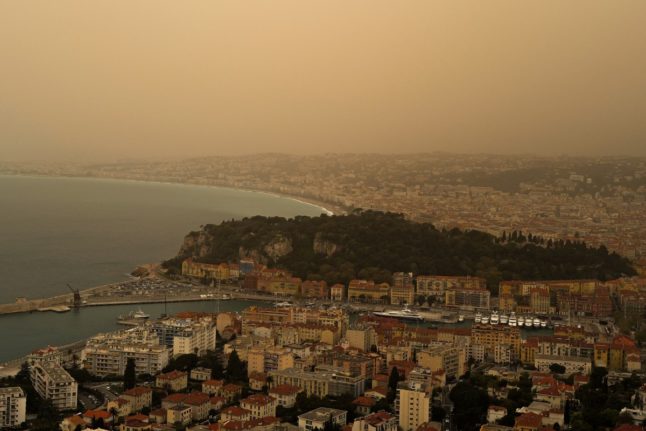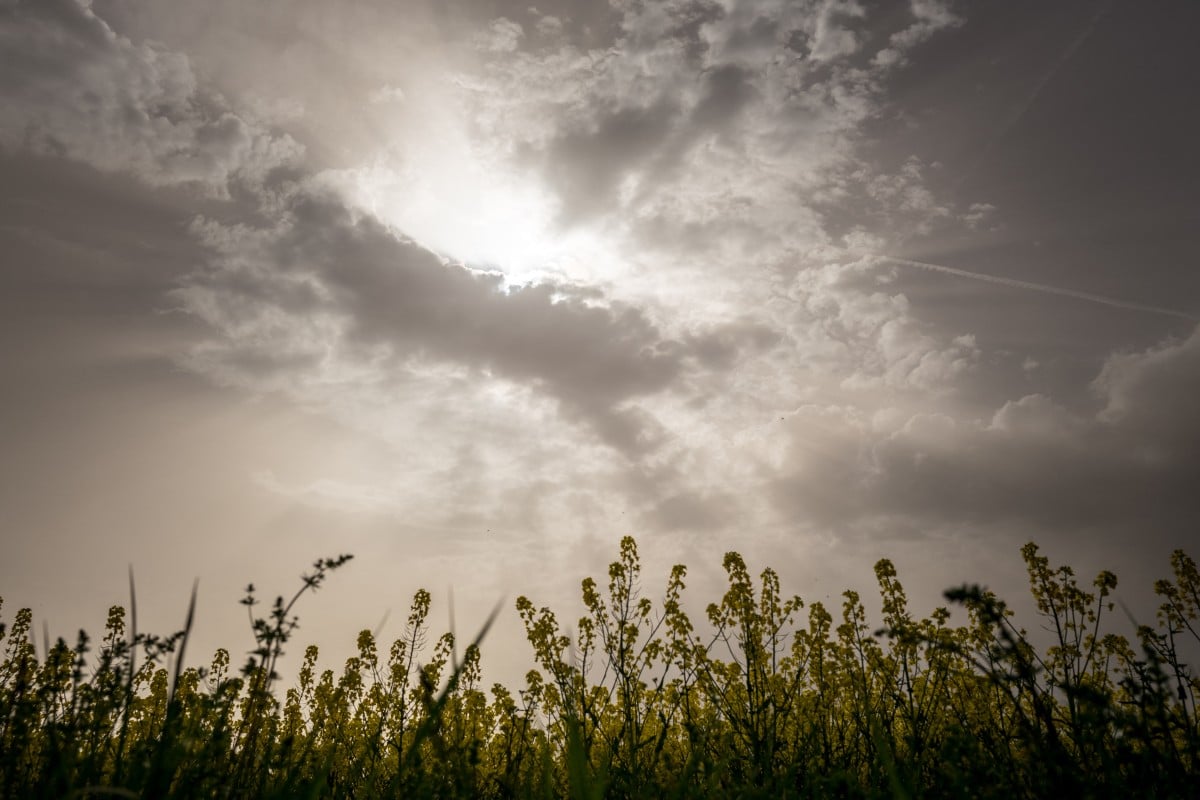The country experienced its first tropical night of the year on Thursday, according to the French-language 20 minutes, with temperatures not falling below 20 degrees in the cantons of Vaud and Valais.
It quoted weather service Meteonews as saying the warmest place overnight (22.5 degrees) was Rünenberg in the cantonal of Basel-Land.
The mini heatwave that arrived on Thursday brought temperatures of up to 35 degrees, tempting many to head for a river or lake.
But, according to the paper, experts warned swimmers not to expect warm water temperatures as a result.
The water temperature in rivers is lower than at this time last year, which could result in swimmers experiencing potentially fatal muscle cramps, it quoted Reto Abächerli of the Swiss lifesavers’ society SLRG SSS as saying.
In addition, the heavy rain that preceded the heatwave means many rivers are swollen.
“In a river a high water level also means a stronger current,” said Abächerli.
“This means it takes longer to reach the shore.”
The water temperature in Swiss lakes is currently between 17 and 24 degrees, meteonews reported.
On Wednesday an asylum seeker drowned in a lake near Aesch in the canton of Lucerne, 20 minutes said, bringing the number of those who have drowned this year to 11.
The heatwave is likely to be of short duration. Meteonews forecasts a cold weather front for Friday evening, accompanied by storms.




 Please whitelist us to continue reading.
Please whitelist us to continue reading.
Member comments